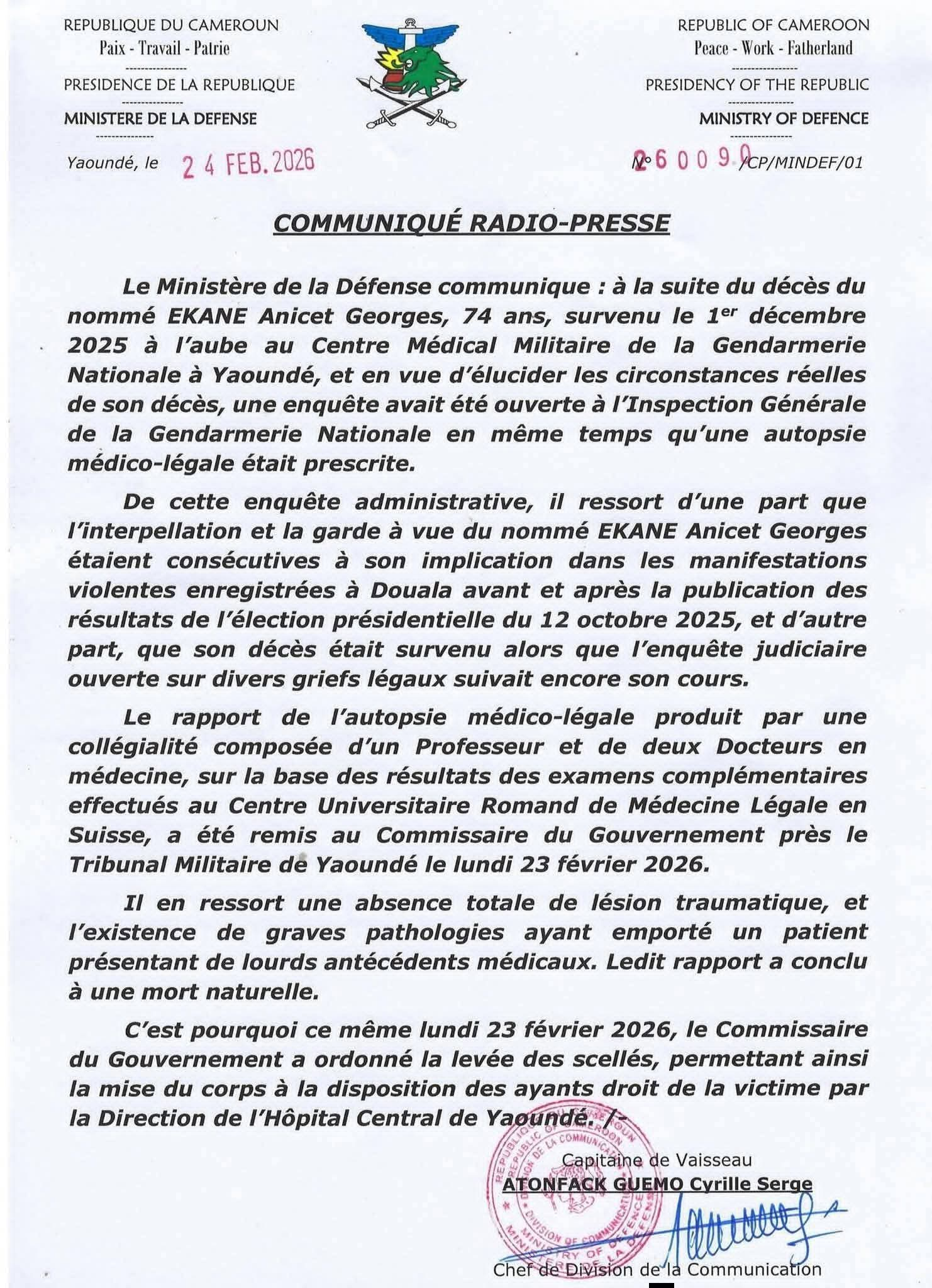Cameroon’s startup ecosystem is on the cusp of significant growth, with the potential to drive economic development and create new job opportunities. However, the sector faces a number of challenges, including limited funding, bureaucratic hurdles and a gender imbalance.
A recent study by the Nkafu Policy Institute has highlighted the urgent need for a dedicated start-up law in Cameroon. The study shows that a significant proportion of startups in the country do not survive beyond their third year due to a lack of adequate support.
“The startup ecosystem in Cameroon is primarily populated by young people between the ages of 26 and 45, but there’s a noticeable gender gap,” explained Dr Yolande Kankeu, an economic analyst. “While there is a growing interest in entrepreneurship, especially among young people, the lack of a supportive legal framework and sufficient funding are major obstacles.”
According to the expert, there are four points to consider. These include a high failure rate: Many start-ups fail within the first three years of operation, Financing gap: Access to finance remains a major challenge for Cameroonian startups, Gender imbalance: The startup ecosystem is predominantly male-dominated, Bureaucratic hurdles: Complex administrative procedures hinder the creation and growth of startups.
To address these challenges, advocates are calling for the enactment of a Cameroon Startup Act. Such a law would provide a clear legal framework for startups, streamline regulatory processes and create incentives for investment.
“A startup law would be a game changer for Cameroon,” said Dr Yolande Kankeu. “It would send a strong signal to investors and entrepreneurs that Cameroon is open for business and committed to promoting innovation.”
The proposed Startup Law would address a number of issues, including:Simplifying company registration: Reducing the time and cost of starting a business, offering tax breaks to encourage investment in start-ups, Access to finance: Facilitating access to funding through venture capital, angel investors and government grants, and Regulatory sandboxes: Creating regulatory environments where startups can test new products and services.




